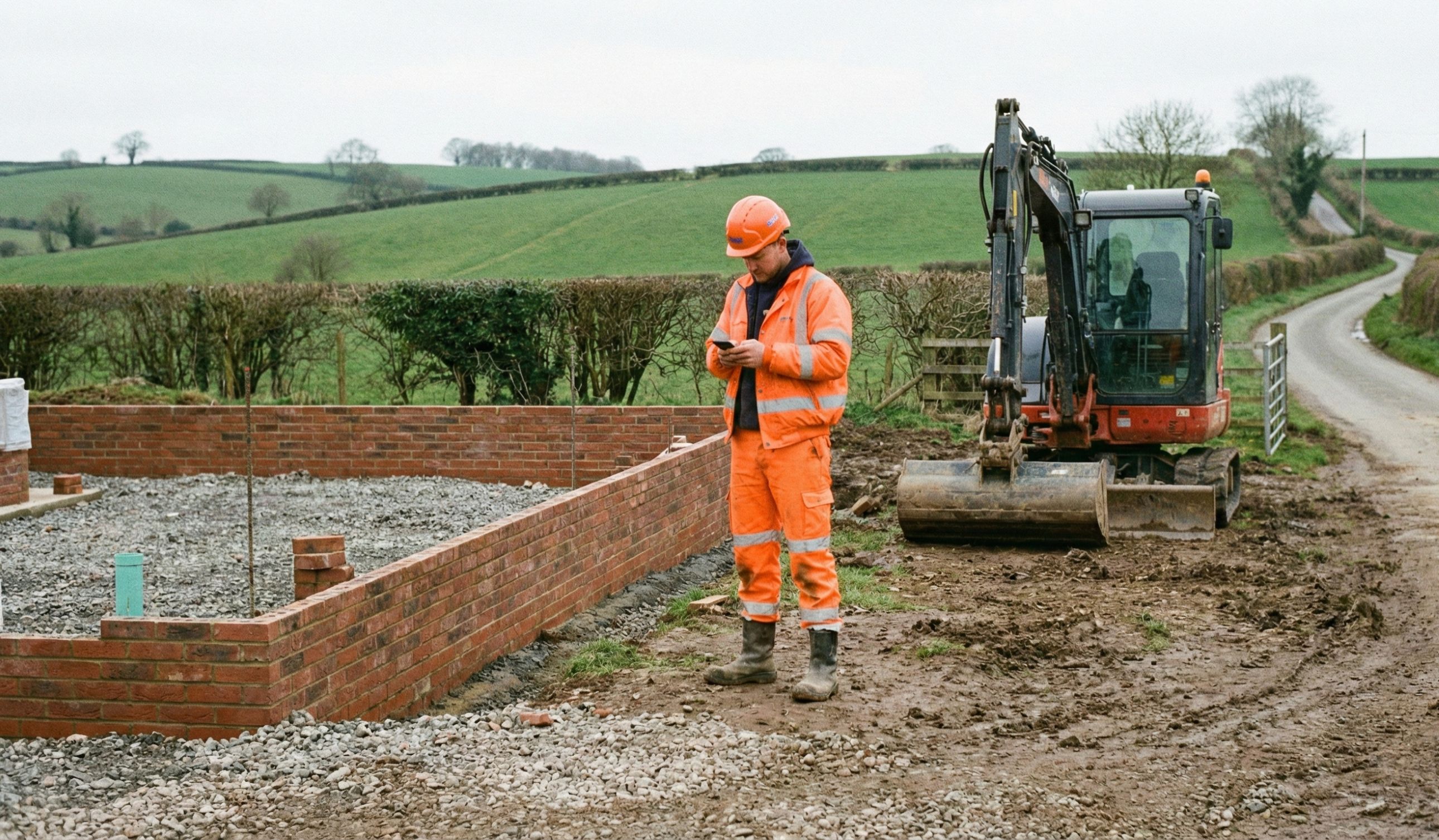The festive season is going to look a little different this year, with eased restrictions across England and the rest of the UK allowing shops, cafes and restaurants to open but with far more limitations than we’re used to. Chief among new concerns for small and large businesses alike is how to keep staff safe as the busy period kicks in.
With lots of workers returning to their jobs after a period away and having to navigate a host of new rules and regulations, employers will need to know the details of their health and safety policies inside and out if they are to have a hope of effectively protecting workers as they go about their day to day duties.
And the issue of lone workers in this environment brings with it a few additional risks that businesses must also tackle.
Sadly the current crisis has caused concern for public-facing employees, with many reporting a considerable rise in verbal and physical abuse from customers over the last few months. It’s not hard to conclude that the rules surrounding mask-wearing and social distancing have exacerbated an already prevalent problem for lone workers.
What are the dangers for lone workers in retail?
A lone worker is anyone who operates without direct contact with colleagues, even if the nature of their work involves them interacting with people for all or part of the day. It is estimated that about 8 million people across the UK can be defined this way, and lone workers in retail and similar industries face many hazards that must be identified and addressed by employers to meet HSE guidelines.
There are, of course, many health and safety concerns that apply to all workers, whether that’s keeping areas clear from objects and mess that could lead to slips, trips and falls, proper training on how to lift and carry items without injury, or rules about work hours for those who must drive as part of their job.
But lone workers can often be at greater risk should something happen. This is because they are less able to alert help if they are injured, or because they are often left alone in situations that could become threatening. Hazards with the potential to impact lone workers include:
- Injury caused by slips, trips and falls on the same level
- Handling, lifting or carrying
- Being struck by a moving object (for example, something falling from a higher shelf)
- Acts of violence
- Falls from height
In retail, an example of a dangerous situation might be an employee working alone late at night who then becomes involved in an escalating situation with a disgruntled customer. Without colleagues nearby or the tools to deal with the event in the proper way, the worker is in much more danger.
Similarly, if the worker were to fall in the stock room and either injure themselves or become incapacitated, it could be challenging for them to call for assistance.

How to protect lone workers this Christmas
Conduct a risk assessment
You should already have a performed a risk assessment that identifies the main hazards in your workplace, whether that’s to employees, customers or anyone else. This is a legal requirement for all businesses, and should also involve a plan on how to mitigate or eliminate these risks.
It’s essential to keep this regularly updated based on new and evolving needs, such as social distancing measures and mask-wearing in 2020.
Create Your Policy
Creating a lone worker policy is by far the most critical step in keeping employees safe, covering their specific needs and ensuring they stay safe throughout the festive period and beyond. If you have five or more employees, your policy must be written down, possibly as a leaflet or a poster placed in a prominent location.
Suppose you already have a lone worker policy, or a broader health and safety policy that does not encompass lone workers. In that case, you should update this as soon as possible using the results from your most recent risk assessment.
Training
Of course, the best policy in the world will do no good if employees either don’t know about it or feel unable to keep to its rules. This is why businesses may need to put more focus on training for all employees, covering the new or updated regulations and assigning a specific, ‘competent’ manager or supervisor to enforce it.
For retail workers who are at more risk from confrontations with members of the public, it may also be a good idea to equip them with basic self-defence skills. To make sure these are not needed, they could also be taught effective de-escalation techniques that can diffuse a situation before it starts.
Lone worker alarms
Lone worker alarms are a great tool for employees who may be working alone, late at night, or in other high-risk situations. Small and discreet enough to clip onto a belt, these devices allow the user to immediately call for help as soon as an incident happens. This can either connect them with a chosen team member or emergency contact or a highly-trained operator depending on the service you choose.
Communicate
You will likely have some workers returning to their duties this Christmas after a period away, and this can lead to increased levels of anxiety and stress.
Good communication between workers and their supervisors has always been a good way to boost morale and general wellbeing. Still, it’s also true that happy employees are far more likely to follow the rules as laid out in your health and safety policy.
How can we help?
There will be a lot of differences in how we all go about our business during this festive period, but one thing that’s sure is that organisations need to boost their health and safety efforts to not only keep within government guidelines but to also keep staff morale high.
Vatix provides industry-leading lone worker devices designed to give employee and employer alike the peace of mind that safety is being taken care of. With SOS buttons connecting users to a dedicated contact or highly-trained operator, as well as in-built Man Down sensors to detect when the wearer has fallen, these alarms empower lone workers to do their jobs with an extra level of security.
To find out more about how Vatix can help your business, click here or call us today.

.png)


